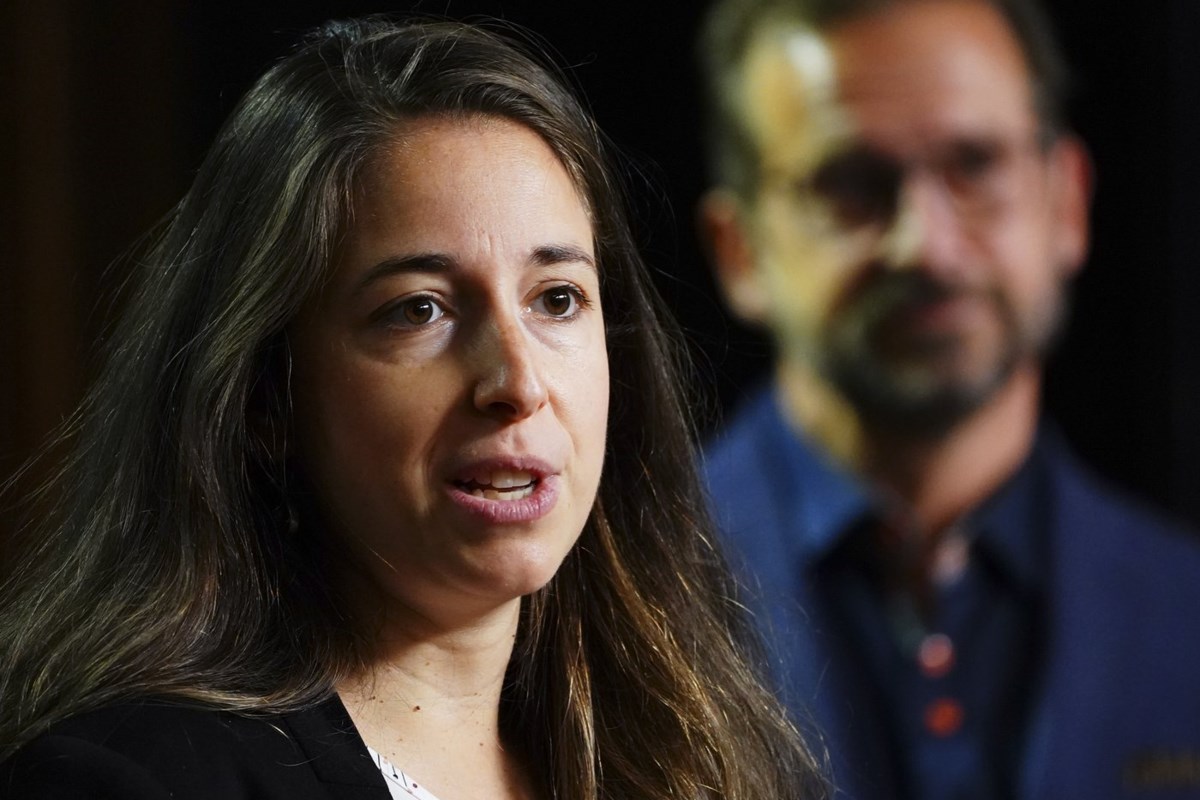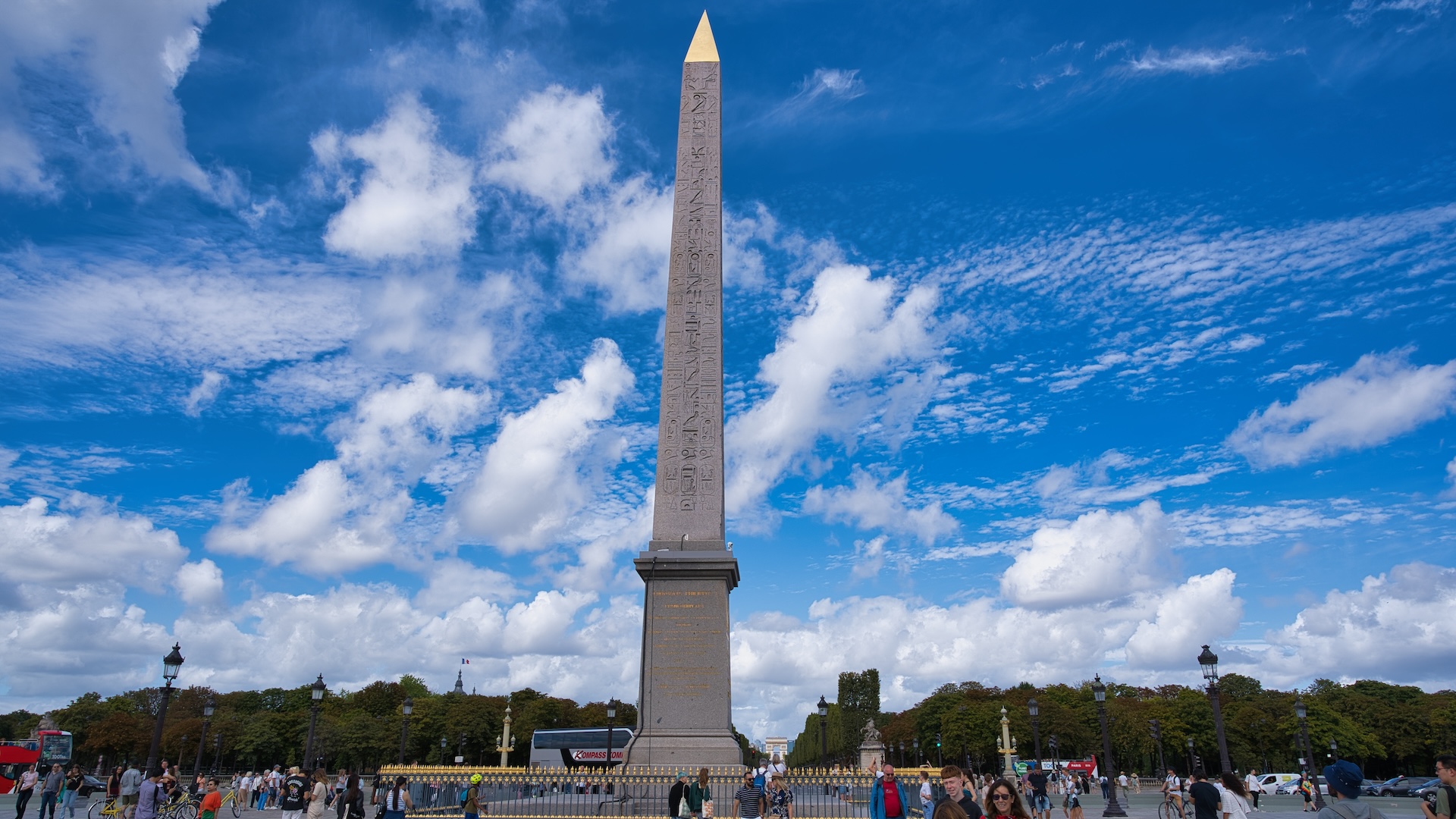A post by Chinese state media suggests Beijing may be willing to talk with the US about Donald Trump's tariffs
Search the news, stories & people Personalise the news and stay in the know Emergency Backstory Newsletters 中文新闻 BERITA BAHASA INDONESIA TOK PISIN Topic:Tariffs Discussions between Donald Trump and Xi Jinping on US tariffs might be a step closer to happening. (AP: Susan Walsh) A social media post in China by an account linked to state media suggests the US has reached out to Beijing wanting to discuss tariffs. Beijing again denied on Wednesday that any formal negotiations had taken place. Experts say the carefully crafted post could indicate a willingness from Beijing to negotiate. A Beijing-backed social media account says the United States has approached China to discuss tariffs, a move experts say might suggest an interest by Beijing to negotiate amid the trade war. "The US has proactively reached out to China through multiple channels, hoping to hold discussions on the tariff issue," Yuyuan Tantian said in a post published on its official Weibo social media account, citing anonymous sources. "Before the US takes any substantive action, China has no need to engage in talks with the US. "China needs to observe closely, even force out the US's true intentions, to maintain the initiative in both negotiation and confrontation," it concluded. Yuyuan Tantian is controlled by China Central Television (CCTV), one of the most prominent official media outlets run by Beijing. King's College London business lecturer Xin Sun told the ABC the language used in the post was important. "On one hand, it portrays the United States as more eager to negotiate with China than vice-versa," Dr Sun said. "On the other hand, it subtly signals China's openness to talks. This calculated ambiguity serves two political purposes: first, to shape public perception by constructing a narrative that the US is backing down and that China holds the upper hand; second, to lay the groundwork for potential future negotiations — since the US is backing down, engagements with it will be acceptable and reasonable." He said the "mixed signalling", which included "assertive and conciliatory messages" together allowed China's centralised political system to be flexible. "If all Chinese actors adopted a single, rigid tone, it would be more politically difficult for leaders to pivot when circumstances change. US officials, including Treasury Secretary Scott Bessent and White House economic adviser Kevin Hassett, also expressed hope for progress in easing trade tensions. Mr Hassett told CNBC that there have been "loose discussions all over both governments" about the tariffs and China's easing of duties on some US goods last week was a sign of progress. Analysts cast doubt on the US president's claim that the Chinese leader called him. Beijing has made little effort to contain its anger at the tariffs, which it says are tantamount to bullying and cannot stop the rise of the world's second-largest economy. Instead, it has focused on rallying public and global condemnation of the import curbs, showing no interest in a reprieve. However, China has quietly created a list of US-made products it will exempt from its retaliatory 125 per cent tariffs — including select pharmaceuticals, microchips and jet engines — Reuters has reported, to ease the impact of the levy. Scott Bessent mentioned no specific talks during a Fox Business Network interview, but said that high tariffs of 145 per cent on the US side and 125 per cent on the Chinese side needed to be de-escalated for negotiations to begin. Stock markets around the world have seen significant downturns since Donald Trump's tariff policy was unveiled. (Reuters: Francis Mascarenhas) "I am confident that the Chinese will want to reach a deal. And as I said, this is going to be a multi-step process," Mr Bessent said. "First, we need to de-escalate, and then over time, we will start focusing on a larger trade deal." Memes mocking the US President and his tariffs are going viral in China. He said that among the first steps would be to revisit China's failure to make good on purchase commitments for American goods made as part of Trump's 2020 "Phase 1" trade deal that ended his first-term trade war with Beijing. That deal called for China to increase purchases of American manufactured and agricultural products and services by $200 billion ($313b) annually over two years, but the COVID-19 pandemic hit just after its signing. Mr Bessent also said that "insidious" non-tariff trade barriers and intellectual property theft also would be part of negotiations over tariffs with China, adding: "Everything is on the table for the economic relationship." Dr Sun said what happens next could come down to the US's next move. "What will happen next depends on how the US side responds. Should Trump continue to de-escalate, more substantive engagements may follow," he said. Once the US president's tariffs topped 35 per cent they became prohibitively high for Chinese exporters. Nomura Securities said that some 16 million Chinese people could lose their jobs once the long-term ripple effects of a 50 per cent drop in Chinese exports to the US work their way through the economy. In Donald Trump's world, deficits are always bad and surpluses are always good. But it ignores how the US economy has powered its way to global domination. Mr Bessent said the pressure was on China because it is more dependent on exports to the US than vice-versa. "They sell us about five times more than we sell them. So their factories are closing down as we speak," he said. "We're going into the holiday season. Orders are placed for that now. So if those orders aren't placed, it could be devastating for the Chinese." Still, Beijing has been adamant it will stand and fight, rather than rush to the negotiating table — with the foreign ministry likening yielding to Trump's tariffs to "drinking poison". Donald Trump said in a US media interview published last Friday that his administration was talking with China to reach a tariff deal and that Chinese President Xi Jinping had called him. Beijing last week repeatedly denied such talks were taking place, accusing Washington of "misleading the public". Guo Jiakun, a Chinese foreign ministry spokesperson, said on Wednesday: "As far as I know, there have been no consultations or negotiations between China and the US on tariffs." Chinese officials have consistently stated that Beijing is open to talks, with the caveat that "dialogue and negotiation must be based on equality, respect and mutual benefit". Mr Trump said on Wednesday he believed there was a "very good chance" his administration could do a deal with China, hours after President Xi called on officials to take action to adjust to changes in the international environment, without explicitly mentioning the United States. Reuters/ABC Topic:Federal Government BREAKING Topic:Vaping Topic:Crime Topic:Law, Crime and Justice Topic:Business, Economics and Finance Topic:Trade Topic:Trade China Tariffs United States World Politics Topic:Federal Government Topic:World Politics Topic:Vaping Topic:Crime Topic:Law, Crime and Justice Topic:Tariffs BREAKING Topic:Environment Topic:Human Interest We acknowledge Aboriginal and Torres Strait Islander peoples as the First Australians and Traditional Custodians of the lands where we live, learn, and work. This service may include material from Agence France-Presse (AFP), APTN, Reuters, AAP, CNN and the BBC World Service which is copyright and cannot be reproduced. AEST = Australian Eastern Standard Time which is 10 hours ahead of GMT (Greenwich Mean Time)


















